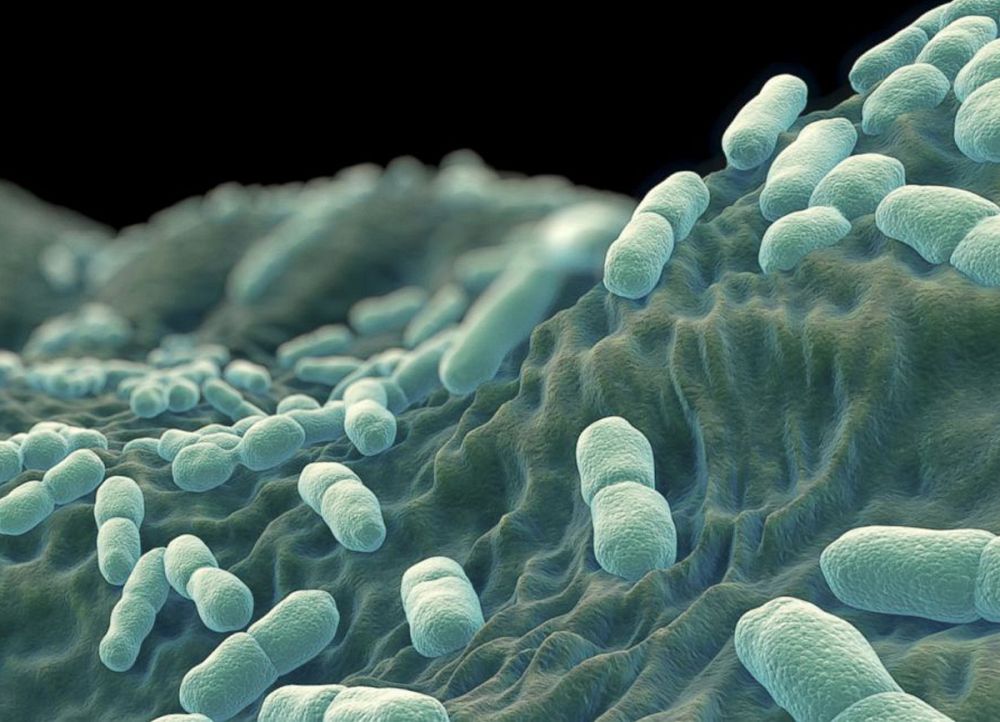What is Listeriosis?
Listeriosis is an infection caused by Listeria, a bacterium found in contaminated soil, water, vegetation, certain animals like poultry and cattle, and milk. According to Food Safety, listeria, unlike other germs, grows in cold temperatures, which makes your fridge the perfect breeding ground.
What are the symptoms?
See a doctor immediately if you may have consumed contaminated food and experience the following flu-like symptoms:
Fever
Vomiting
Diarrhoea
Stiff neck
Confusion
General weakness
Is Listeriosis contagious?
According to the NHS, you can catch Listeriosis:
From someone who is infected – they can give you listeria if you eat food they've prepared if they haven't washed their hands.
If you come into close contact with farm animals, particularly sheep or cows that are giving birth.
Am I at risk?
You can become infected with Listeriosis and make a full recovery after about a week. Illness and death, however, may affect at-risk individuals. These include:
The elderly
Pregnant women
People with compromised immune systems
Organ transplant patients
People with HIV/Aids, autoimmune diseases, cancer, liver disease, alcoholism or diabetes
The Department of Health says the age groups most affected are neonates (babies under 28 days old) and people between 15 and 49 years of age.
Can I prevent infection?
Avoid drinking unpasteurised milk. Check food labels as some foods may contain raw milk (for example feta or brie cheese).
Always practice good hygiene in the kitchen. Wash your hands regularly, and clean cutting boards, cutlery and crockery properly.
Cook animal foods (meat, poultry or fish) properly. If you’re unsure, rather overcook than undercook. Foods need to be cooked or heated to at least 70ºC to prevent infection.
Don’t consume foods that have expired.
Can Listeriosis be treated?
Yes. Treatment is usually symptomatic depending on the severity of infection. Milder cases can be treated at home by bed rest and drinking clear fluids, while a severe infection may require antibiotics. If you suspect listeria, see your doctor.
How long does it take to identify the source?
When a Listeriosis outbreak occurs, it can be difficult for experts to identify the food source. This is because infection can take between three and 70 days to develop after consuming contaminated food.
It’s easy enough to remember what you ate over the last few days – but going back a few weeks or months can be difficult.
Image credit: iStock
Compiled by Mandy Freeman
Fuente: www.health24.com
